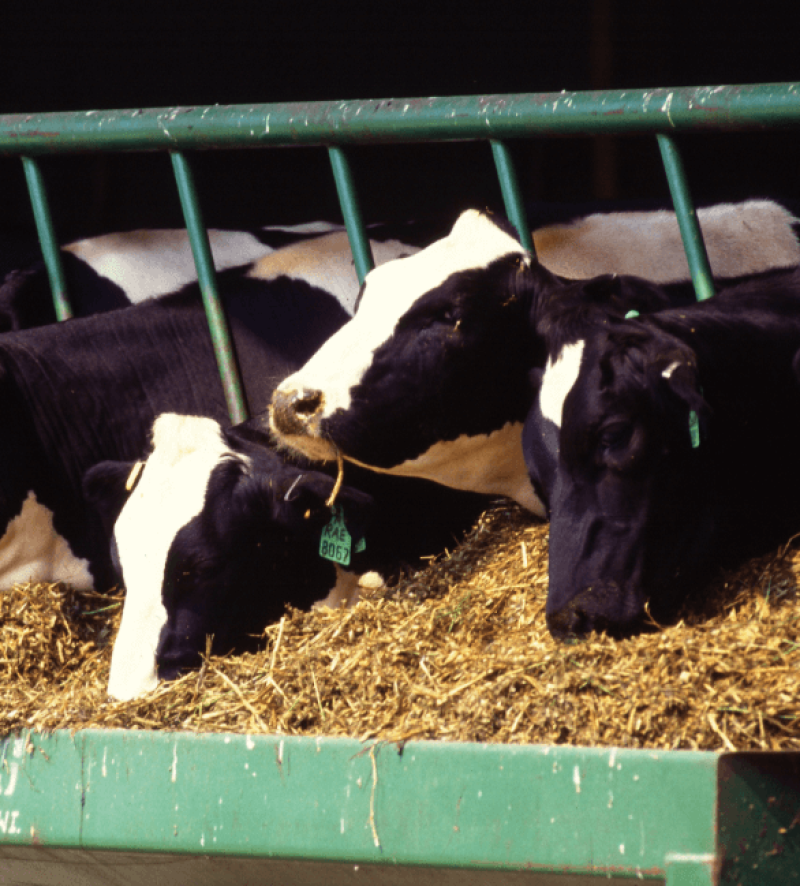. . . .
While there is no way to track how much organic feed is being imported from overseas to Canada, dairy producers in the U.S. import significant amounts of organic feed grains from countries such as Romania and Turkey. Organic feed corn is imported from Croatia, Bulgaria and the Balkans. . . .
Some countries producing organic feed for North American farmers have significant levels of corruption. . . If confidence in government oversight is dubious, how can we have confidence that feed certified organic in those countries is authentic?
. . . .
[T]here is a disconnect between the organic movement and . . . the local food movement. . . . the fact that far-away imports are environmental anathema.Said Warren Taylor, an Ohio creamery operator: “It’s completely antithetical to the founding principles of the organic industry that we’ve allowed the supply chains to go this way…. There is no justifying this.”
. . . .
Bruce Dyck, Barb Glen, Brian MacLeod, D’Arce McMillan and Michael Raine collaborate in the writing of Western Producer editorials.
The GLP aggregated and excerpted this blog/article to reflect the diversity of news, opinion and analysis. Read full, original post: Organic feed imports glitch in production guarantee































